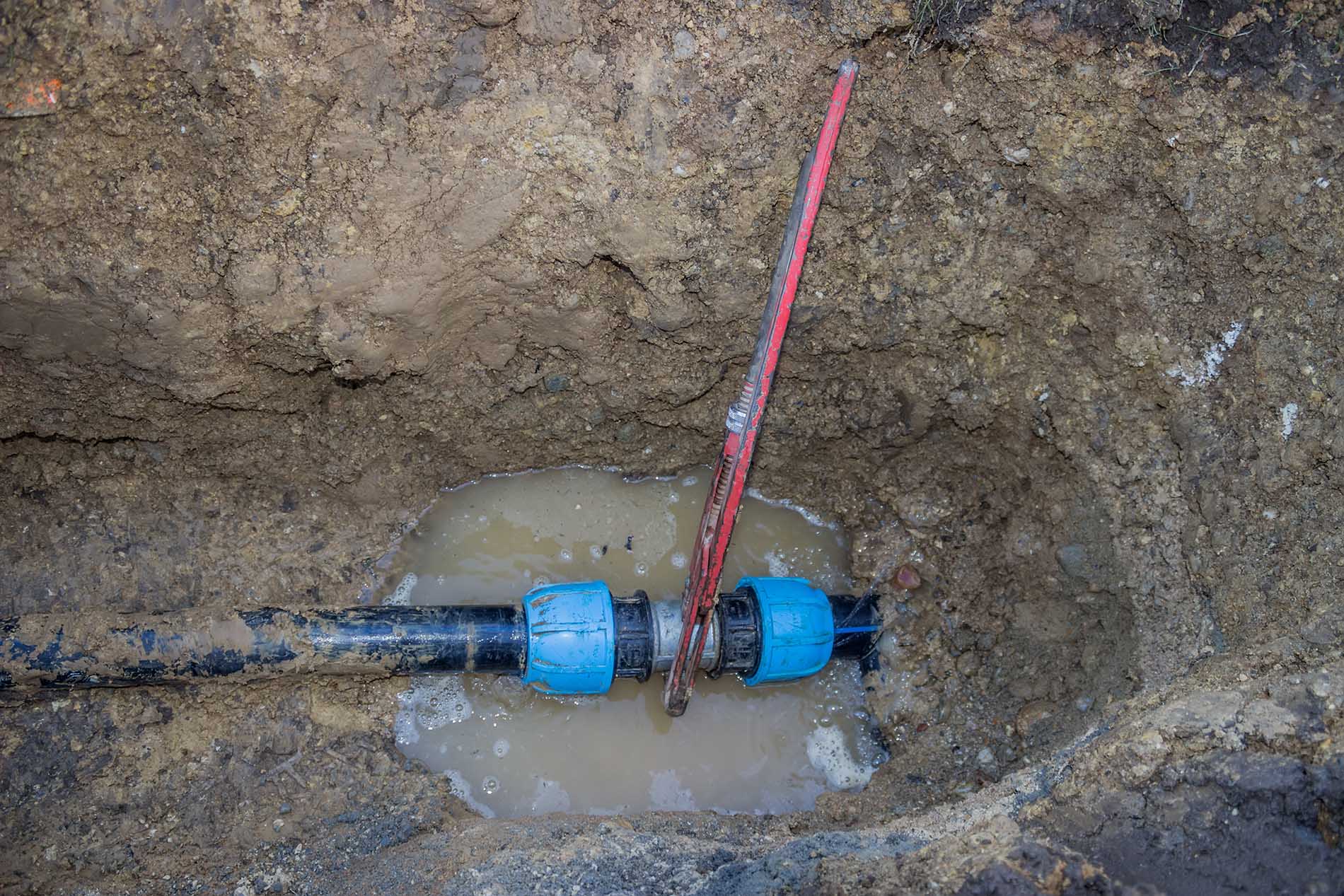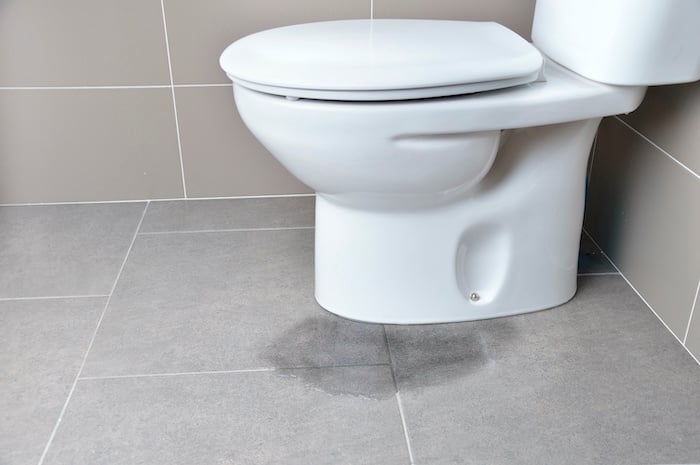The Top 5 Causes of Water Leaks
The Top 5 Causes of Water Leaks
Blog Article
We have stumbled upon this article relating to Reasons for Water Heater Leaks below on the web and reckoned it made perfect sense to share it with you over here.

"Be careful of little costs. A tiny leakage will certainly sink a wonderful ship." - Benjamin Franklin.
He couldn't have actually been extra appropriate because water leaks in our residences lead to a waste of sources, raising our water expenses. This boost could appear negligible at first, it can lead to significant costs that can damage your bank. Besides a boost in costs, water leaks also cause unwanted natural growth, structural damage, and even electrical dangers.
Figuring out if you have a water leakage isn't always simple because of being incapable to see a lot of the pipework in your home. If you have had a rise in your water expenses recently, discovered water stains on wall surfaces as well as ceilings, smelt poor odor, and so on. You might intend to take into consideration asking for plumbing solutions to get it looked into.
There are a number of causes of water leaks, and we have compiled the typical factors listed below. Check to see if you have had related concerns in your home recently.
Obstructed drains pipes
Food bits, dust, and also oil can cause clogged up drains pipes and block the passage of water in and out of your sink. If undealt with, raised pressure within the gutters can cause an overflow and end up breaking or breaking pipes. To stay clear of stopped up drains pipes in your home, we recommend you to avoid putting particles down the drain and normal cleansing of sinks.
High water pressure
You noticed your home water pressure is greater than common however then, why should you care? It runs out your control.
It would be best if you cared because your typical water stress must be 60 Psi (per square inch) and also although your house's plumbing system is created to withstand 80 Psi. An increase in water pressure can place a pressure on your residence pipes and lead to fractures, or even worse, burst pipes. Obtain in touch with a specialist regarding managing it if you ever before observe that your home water stress is higher than typical.
Corrosion
As your pipework ages, it gets weak and also more prone to corrosion after the frequent passage of water through them, which can eat away at pipes and create cracks. A noticeable indication of corrosion in your home plumbing system is discoloration and although this might be tough to spot because of most pipelines hidden away. We recommend doing a regular checkup every few years and change pipes once they are old to guarantee an audio plumbing system
Weakened pipe joints
Pipeline joints are the components of our plumbing system where the pipes connect. It is important to keep in mind that even though pipes are developed to endure stress and also last for a while, they weren't developed to last forever; for that reason, they would wear away over time. A common indicator of damaged pipe joints is too much noise from taps.
Broken seals
One more root cause of water leaks in homes is broken seals of home appliances that utilize water, e.g., a dish washer. When such appliances are mounted, seals are installed around water adapters for simple flow of water through the machine. Hence, a broken seal can cause leakage of water when being used.
With little or no expertise of plumbing, recognizing your residence's plumbing system sufficient to deal with a few of these concerns (without effect) can be an inconvenience. Get in touch with plumbing specialists in Pittsburgh, Providence, Rochester, as well as environ today, as well as they'll make those problems disappear.
He couldn't have been a lot more right because water leaks in our homes result in a waste of resources, increasing our water costs. If you have had a rise in your water costs lately, discovered water stains on wall surfaces and also ceilings, smelt poor smell, etc. A rise in water pressure can put a strain on your residence pipes and also lead to cracks, or worse, ruptured pipes. An additional reason of water leaks in homes is damaged seals of residence appliances that make use of water, e.g., a dishwasher. When such devices are installed, seals are installed around water connectors for easy passage of water via the maker.
5 TIPS IN DETECTING A WATER LEAK IN YOUR HOUSE
Water leaks can be hard to find in your home, yet they can be so common. We rely on water every day in our home, which is why a leak can cause big problems. By detecting them early, you can save money and further damage, getting the problem fixed as soon as possible. Here are 5 tips to help you detect a water leak in your home, so you can contact a plumber straight away and get the issue sorted.
Check your water meter
Many people underestimate the value of the water meter in their home. It can be one of the best ways to tell if you have a leak early on, so you can get on top of it before issues start arising. Start by turning off all the water in your home: taps, washing machine, dishwasher, etc. Now take a look at the meter – if it’s still changing with everything turned off, it’s likely you have a fast-flowing leak that you need to get on top of straight away. If nothing changes, then leave your meter for an hour or two and come back to it. Did it change in this time? It’s likely you have a slower leak, which isn’t as urgent but still handy to get fixed so it doesn’t become a bigger problem.
Keep an eye on your bill
Another good way to detect a leak in your home is by keeping an eye on your water bill. It helps if you have a past bill from the same period of time. You can compare like for like and determine whether your water usage has increased significantly. If it has, there may be a leak in your system that you haven’t picked up before. A professional plumber can check through all of your pipes and determine where it is coming from.
Look for damage
If you have a leak inside your home, you will notice damage over time. Take a look at your showers and bathtubs and note whether any of the tiles surrounding the area seem to be discoloured or damaged in any way. There may be water stains, mould or peeling material that has resulted from a build up of moisture over time. Make sure you take a look under sinks at the back of cupboards that don’t get accessed regularly. This is where damage can go unnoticed and build up over periods of time.

As a keen person who reads about Where to Find Water Leaks, I think sharing that article post was a good thing. Those who enjoyed reading our post kindly remember to share it. Many thanks for your time. Don't forget to check our website back soon.
Emergency? Call us! Report this page